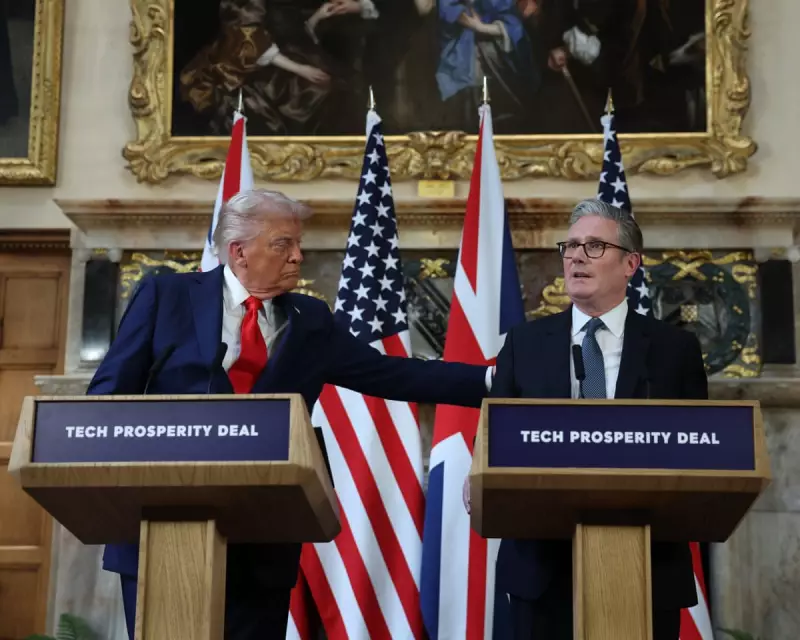
The much-anticipated state visit of former US President Donald Trump to Britain unfolded with all the expected pomp and ceremony, but beneath the surface glitter lay a troubling lack of substantive achievement. The spectacle, while visually impressive, ultimately served as a gilt-edged facade masking a diplomatic encounter of little genuine value.
A Theatre of Diplomacy: Pomp Without Purpose
The British government, led by Prime Minister Rishi Sunak, pulled out all the stops to welcome the controversial figure. The visit was meticulously choreographed, featuring the traditional trappings of a state occasion: a grand reception, lavish banquets, and photo opportunities designed to project an image of a reinvigorated 'special relationship'.
Yet, this carefully constructed theatre could not obscure the visit's fundamental emptiness. Behind the handshakes and smiling poses, observers noted a distinct absence of concrete policy agreements or strategic breakthroughs. The event seemed designed more for domestic political consumption in the US than for fostering meaningful international cooperation.
Public Sentiment: A Nation Divided
Beyond the palace gates, the British public delivered its own verdict. The visit provoked significant protests across London, with thousands taking to the streets to voice their opposition to Trump's presence and policies. This public dissent highlighted the deep divisions and unease that his brand of politics continues to generate within British society.
Conversely, the visit also galvanised his supporters, creating a stark contrast between the official welcome and the polarised reactions of the citizenry. This dichotomy underscored the challenging position of the UK government, attempting to honour diplomatic traditions while navigating the fierce public debate surrounding its guest.
The Lingering Questions for UK Foreign Policy
The spectacle raises pressing questions about the future direction of Britain's diplomatic strategy. The heavy investment of political capital and state resources into hosting a figure known for his transactional approach to international relations has been met with scepticism by foreign policy experts.
Critics argue that the embrace of such a divisive former leader risks undermining Britain's standing as a principled actor on the world stage. The visit's emphasis on ceremony over substance suggests a foreign policy increasingly driven by short-term optics rather than long-term strategic interests.
As the final motorcade departed, Britain was left with little more than photographic souvenirs of a visit long on glitter but desperately short on gold. The enduring image may not be one of diplomatic triumph, but rather a cautionary tale about the high cost of confusing pageantry with genuine partnership.





